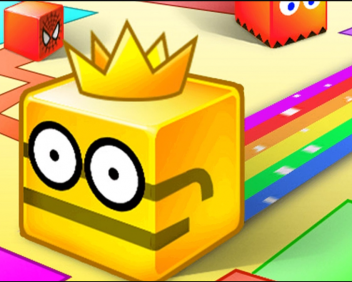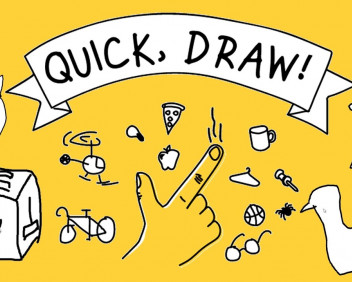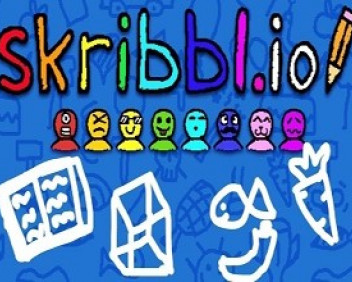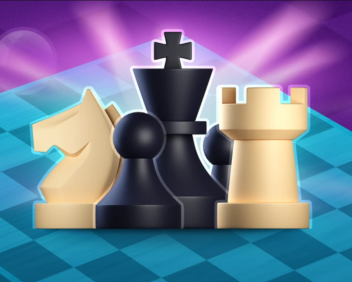
Chess
Chess is a strategic and complex board game that has gained popularity worldwide as an intellectual sport. This is a game that requires skill, patience, and foresight at every step. Join us to explore this game now!
Historical Origins and Evolution
The origins of chess can be traced back to the 6th century AD in India and it reached Europe in the 10th century. Chess quickly became popular among European aristocrats, being nicknamed is the game of kings. The first official World Chess Championship was held in 1886, and since then, the game has continued to grow in both prestige and global reach.
Today, chess is played by millions of people worldwide. You can play it anywhere directly with your friends or with other players around the world in this our website.
Strategic Depth and Intellectual Challenge
Chess is renowned for its strategic complexity and the depth of thought required to master it. At its core, chess is a battle of wits, where players must think several moves ahead, anticipate their opponent's responses, and adapt their strategies accordingly.
how to play Chess
?Begin the game
This Chess game offers you three game modes to choose from:
- Random Opponent: the system will choose for you to compete with any opponent from anywhere in the world.
- Play vs Computer: play and challenge directly with AI technology
- Play a Friend: you can create a code to send to your friends and challenge each other.
Choose the color of the chess piece you want to play (black or white)
You can choose between 15 levels, Level 1 is the easiest, and Level 15 is the hardest.
Next, spend time on logic and find the best playing method to win.
Target
Online Chess begins with a battlefield of 64 squares, each occupied by one of 32 pieces – 16 white and 16 black. Each player starts with 16 pieces: one king, one queen, two rooks, two knights, two bishops, and eight pawns. The objective is to checkmate the opponent's king, which occurs when the king is in a captured ("checked") position and cannot be rescued.
Rules for moving chess pieces
The game begins with white moving first and players take turns moving. Each piece possesses unique movement capabilities, allowing players to make a series of strategic moves. To defeat your opponent, you must master the roles and movement rules of the chess pieces:
- King: Moves one square in any direction.
- Queen: moves to any position diagonally, backward, forward without being limited to moving spaces on the board if there are no obstacles.
- Rook: Moves any number of squares horizontally or vertically.
- Bishop: moves in a diagonal direction and will maintain its light or dark color patch.
- Knight: is the only chess piece that can jump over other generals if the incoming position is an empty square of any color. It can move left, right, forward, and backward in an "L" shape.
- Pawn: Moves forward one square but captures diagonally; on its first move, it can advance two squares.
6 Chess Tips to Win Fastest
Understand the Rules of Chess
Of course, the first tip for playing chess is about the rules, you will not be able to easily create tricky chess positions as well as handle your opponent's moves if you do not know the rules. You should carefully read the rules and special chess moves so as not to violate the law.
Play Chess As Much As Possible
If you play chess enough, you will definitely come up with new chess positions as well as how to "overturn" the odds when you lose. Take advantage of your free time to play chess, from playing with friends to practicing on the computer...
Review Games to Learn
You can watch games on YouTube or Facebook, or play chess with the machine and watch the machine's automatic analysis to learn.
Practice Solving Chess Worlds
There are many free strategy exercises with solutions online. You can practice solving countless dangerous chess positions but it takes less time than playing yourself.
Always Think About Each Move Before Actually Placing Your Chess
Before taking any step, always check carefully, and calculate the probability of occurrence to limit erroneous moves as much as possible. Placing the flag slowly and steadily after careful consideration will minimize the chance of losing a piece haphazardly.
Don't Spend Too Much Time Memorizing the Opening Sequence.
Chess is extremely variable, so don't tie your memory to a certain sequence. What you need to learn is just the opening rules or which first moves you should not use.















































